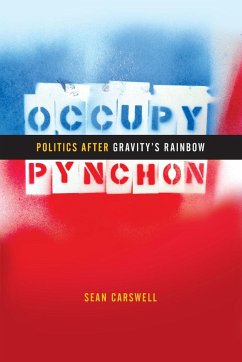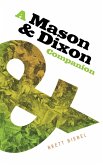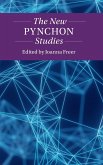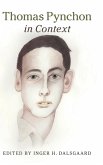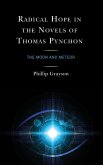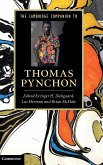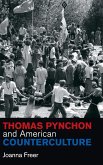Occupy Pynchon examines power and resistance in the writer's post-Gravity's Rainbow novels. As Sean Carswell shows, Pynchon's representations of global power after the neoliberal revolution of the 1980s shed the paranoia and meta-physical bent of his first three novels and share a great deal in common with the work of Michael Hardt and Antonio Negri's critical trilogy, Empire, Multitude, and Commonwealth. In both cases, the authors describe global power as a horizontal network of multinational corporations, national governments, and supranational institutions. Pynchon, as do Hardt and Negri, theorizes resistance as a horizontal network of individuals who work together, without sacrificing their singularities, to resist the political and economic exploitation of empire. Carswell enriches this examination of Pynchon's politics--as made evident in Vineland (1990), Mason & Dixon (1997), Against the Day (2006), Inherent Vice (2009), and Bleeding Edge (2013)--by reading the novels alongside the global resistance movements of the early 2010s. Beginning with the Arab Spring and progressing into the Occupy Movement, political activists engaged in a global uprising. The ensuing struggle mirrored Pynchon's concepts of power and resistance, and Occupy activists in particular constructed their movement around the same philosophical tradition from which Pynchon, as well as Hardt and Negri, emerges. This exploration of Pynchon shines a new light on Pynchon studies, recasting his post-1970s fiction as central to his vision of resisting global neoliberal capitalism.
Hinweis: Dieser Artikel kann nur an eine deutsche Lieferadresse ausgeliefert werden.
Hinweis: Dieser Artikel kann nur an eine deutsche Lieferadresse ausgeliefert werden.

